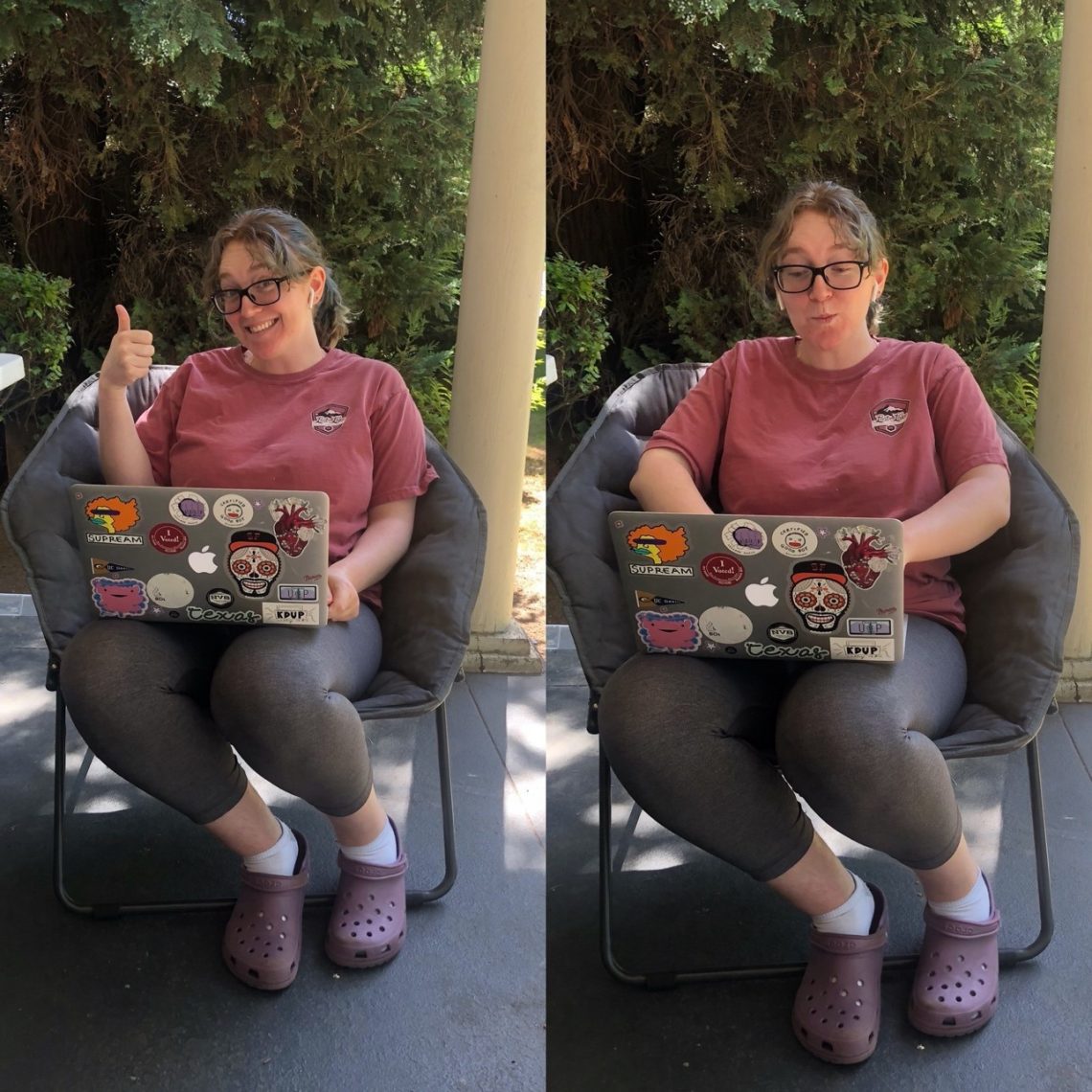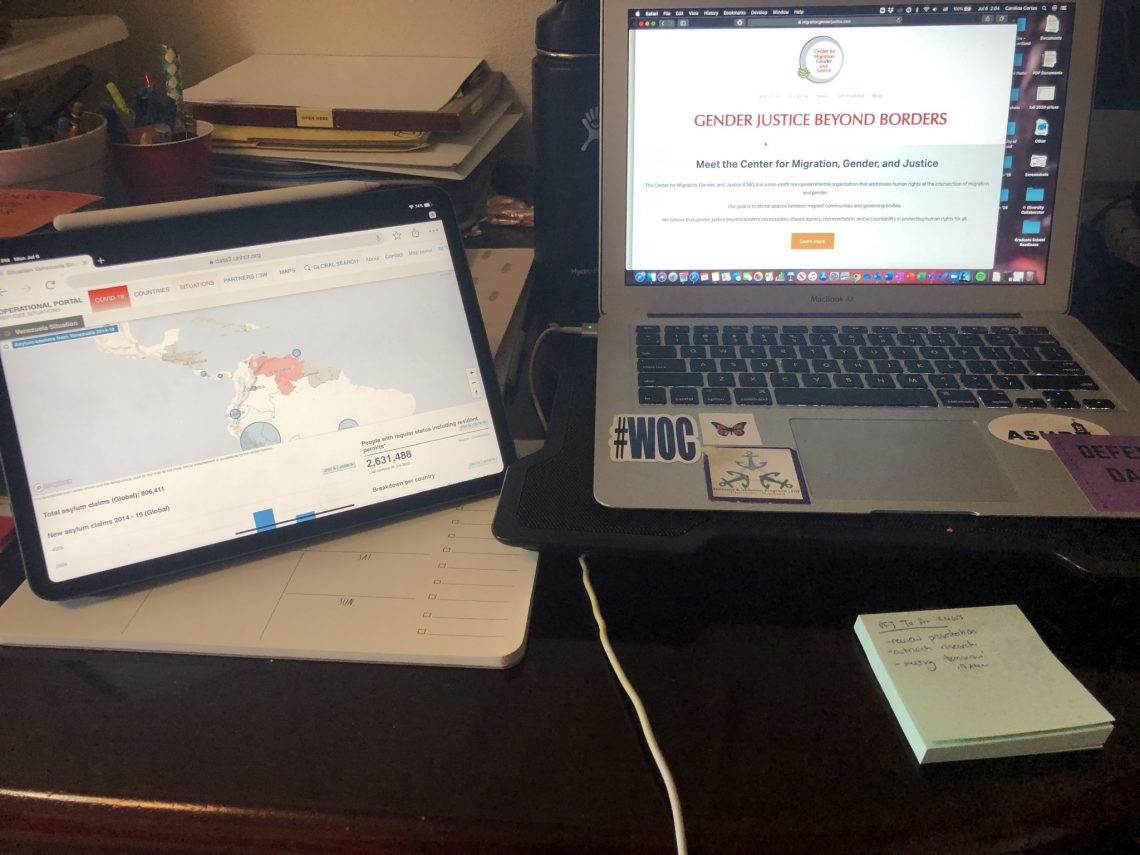My name is Angela Gonzalez, and I am a rising junior majoring in Biology and Spanish, with a minor in Gender and Women’s Studies at the University of Portland. My internship placement this summer is with the Multnomah County Health Department at their HIV Health Services Center in Portland, Oregon.
The HIV Health Services Center serves people living with HIV by providing comprehensive care including primary health care, and social and mental health services. There are medical teams of a provider, nurse, medical assistant and medical case manager.

I am the temporary Rapid Start Navigator working with clients who have recently been diagnosed with HIV, been out of care for at least a year, or been previously diagnosed but never had care. I work with clients for 6-8 weeks and help them connect with internal services at the clinic. Following their intake, I reach out to the client and check in about barriers they may be facing that could prevent them from coming to the clinic for their initial provider visit. Depending on the client’s needs, I am able to offer resources such as cab rides and bus tickets, medical motels, and more. Once the client arrives at the clinic, I meet them at the downstairs lobby and accompany them up to the clinic and explain my role and how I’ll be working with them and connecting them to resources. This position requires collaboration, communication, and outreach. I do reminder calls, outreach emails and lots of charting so everyone working with the client can be on the same page.
Ultimately, I am trying to help connect them to internal services at the clinic, and meet milestones of having them attend at least two provider visits, have two lab visits, start their medication and go through a refill, and do a warm handoff with their medical case manager. I try to meet clients where they’re at, in terms of how much capacity they have to engage in medical care at the clinic, and perhaps physically if getting to the clinic is a barrier. I use my county phone to text and call clients, where I am available, can respond quickly to their needs, and communicate their needs with their medical team faster.
I’ve been learning so much about all the components of comprehensive medical care and other community organizations that we help clients connect with. All of my colleagues have valuable knowledge and experiences, and share the passion of trying to advocate for the clients we serve. It’s been great working alongside them, and getting to work with clients. In the future, I know I’d like to continue pursuing this line of work, where I can contribute to a comprehensive care model to advocate for clients facing barriers to accessing medical care and community resources.










